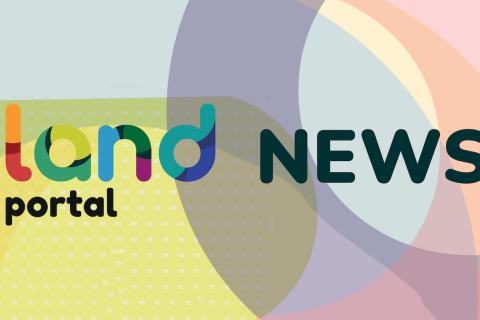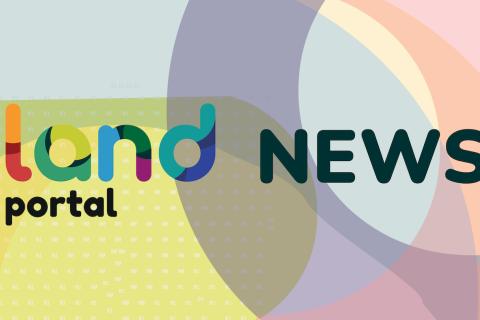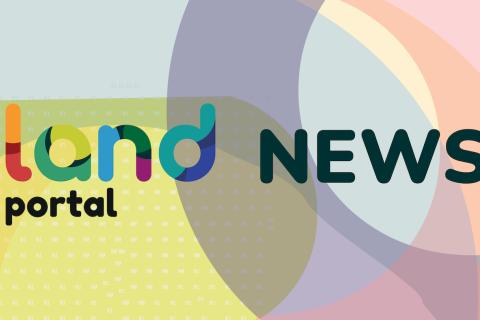G20 Women’s Summit Pushes for Rural Women’s Rights
BUENOS AIRES, Oct 5 2018 (IPS) - Rural women play a key role in food production, but face discrimination when it comes to access to land or are subjected to child marriage, the so-called affinity group on gender parity within the G20 concluded during a meeting in the Argentine capital.









